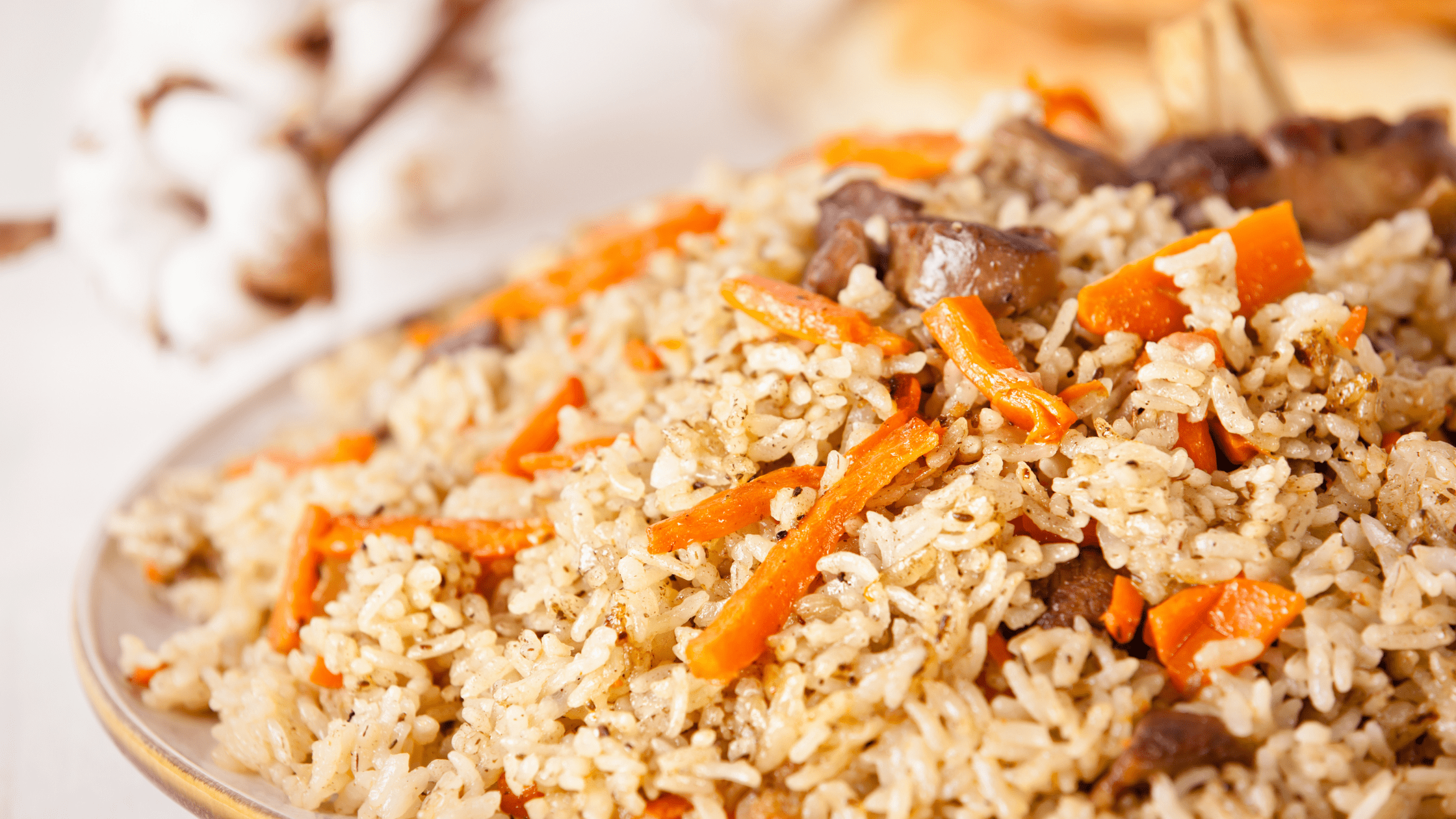Do you ever wonder how your rice cooker knows when the rice is done cooking? Or why it turns off automatically after a certain amount of time? Rice cookers have an automatic shutoff feature for a reason – to keep your food from overcooking and to save energy. In this blog post, we will discuss the science behind the automatic shutoff in rice cookers. We will also explore some of the myths that are associated with this feature!
What is the Science Behind the Automatic Shutoff on Rice Cookers and How Does it Work?
Rice cookers are one of the most convenient kitchen appliances, automatically cooking perfectly fluffy rice with just the push of a button. But how do they work their magic? Rice cookers use a process called thermostatic control to maintain the ideal cooking temperature. The cooker has two main components: a heating element and a temperature sensor. The sensor is usually a bi-metal strip that expands and contracts as the temperature changes. When the sensor senses that the temperature is getting too high, it sends a signal to the heating element to turn off. As the rice continues to cook in its own steam, the temperature begins to drop. When it falls below a certain point, the heating element turns back on. This cycle repeats until the rice is cooked through. So next time you enjoy a perfectly cooked pot of rice, be sure to thank your trusty rice cooker – and the laws of physics!
How Do you Know if Your Rice Cooker Has an Automatic shutoff Feature?
Rice cookers are a convenient kitchen appliance that can make perfect rice with little effort on your part. But did you know that many rice cookers also come with an automatic shutoff feature? This can be a handy safety feature, preventing the Rice Cooker from overheating or overcooking the rice. But how can you tell if your Rice Cooker has an automatic shutoff feature? And how do you activate it if it doesn’t already have one turned on?
There are a few ways to tell if your Rice Cooker has an automatic shutoff feature. First, check the user manual that came with your Rice Cooker. Many manufacturers will list this feature in the product description. Alternatively, you can look for a Rice Cooker with the UL (Underwriters Laboratories) symbol on the bottom. This indicates that the Rice Cooker has been tested and approved by a third-party safety organization. Finally, some Rice Cookers have a light or indicator that will show when the automatic shutoff feature is activated.
If your Rice Cooker doesn’t have an automatic shutoff feature, don’t worry! There are still plenty of great Rice Cookers out there without this feature. However, if you’re looking for a Rice Cooker with an automatic shutoff feature, be sure to check the product description before making your purchase. And remember, even if your Rice Cooker doesn’t have an automatic shutoff feature, you can still manually turn off the Rice Cooker at any time by pressing the “OFF” button or unplugging the unit from the wall outlet.
How Does the Automatic Shutoff Work on a Rice Cooker, and Why is it Important for Safety Reasons?
A rice cooker is a kitchen appliance designed to make cooking rice easier and more foolproof. Rice cookers typically have an automatic shutoff feature that kicks in when the rice is done cooking. This is important for safety reasons, as it prevents the rice from overcooking and burning. The automatic shutoff feature also helps to conserve energy, as the Rice Cooker will automatically turn off when the rice is done cooking. For these reasons, the automatic shutoff feature on a Rice Cooker is an essential safety feature that helps to prevent overcooking and conserve energy.
Conclusion:
So there you have it. The science behind the automatic shutoff on your rice cooker. We hope you now have a little better understanding of how this nifty feature works (and why it’s so important). And if you didn’t know about it before, well, now you do! Be sure to share this article with your friends and family – they may be in the market for a new rice cooker and who knows, maybe yours will be the one they choose after reading all about its amazing features. Thanks for following along and happy cooking!


